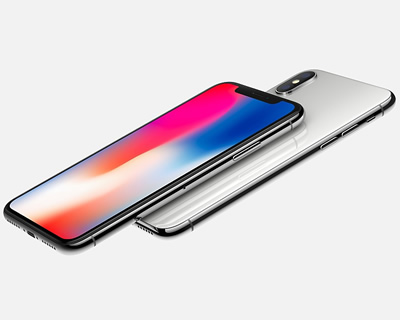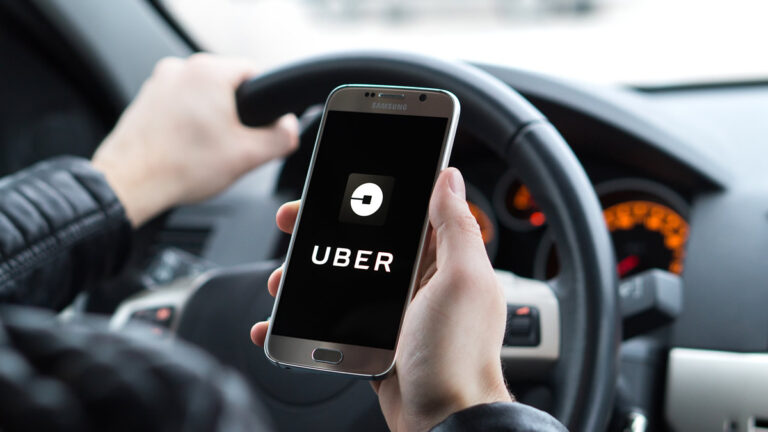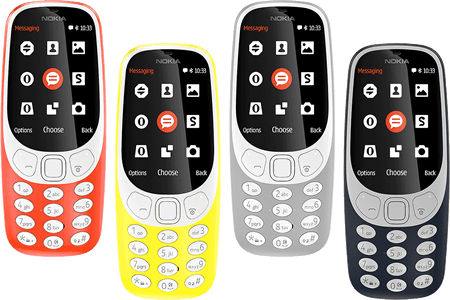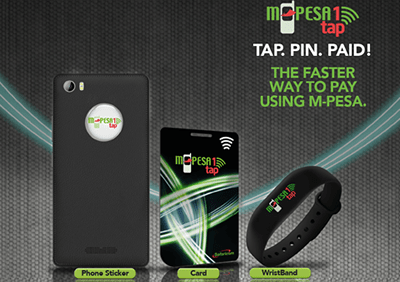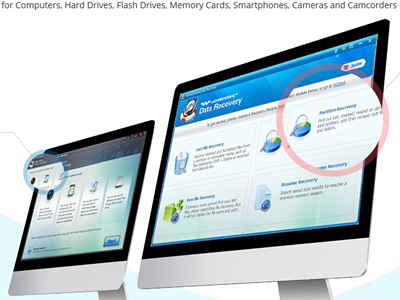·!– /wp:paragraph –>
·!– /wp:paragraph –>
Aiming to promote vocational energy training for young unprivileged Kenyans, this project has involved renovating the existing electrical lab and integrating a solar energy module. It follows a partnership agreement signed in May between Schneider Electric and the Salesian Don Bosco Foundation East Africa to renovate three Don Bosco training centers in Kenya.
Jean-Pascal Tricoire, Chairman and CEO of Schneider Electric, commented: “Schneider Electric is firmly committed to facilitating energy access for unprivileged populations through renewable energy, particularly solar technologies. We are proud to conclude this latest partnership to help train young Kenyans for energy and electricity jobs. This training will help them find employment and raise their standard of living, not only for themselves but also their families. We share the Salesian Don Bosco Foundation’s vision of development built on education and work.”
Every year, the Salesian Don Bosco Foundation provides vocational energy training to approximately 200 young Kenyans at three centers: Karen, in Nairobi; Makuyu, 70 km outside the capital city; and Embu, 150 km away. Through this agreement, Schneider Electric is providing financial and technical support to renovate the electricity labs at the three centers and launch a solar energy training module. The company will also offer training to local trainers to update their skills and help them manage the new equipment through Schneider Electric Teachers, an NGO enabling employees to share their skills with underprivileged populations on a volunteer basis. Schneider Electric will also help the Salesian Don Bosco Foundation obtain government approval for its solar energy training in Kenya.
Schneider Electric, the global specialist in energy management and automation, in partnership with the Salesian Don Bosco Foundation in Kenya today inaugurated the new electrical lab at the Don Bosco Boys Town Technical Institute in Nairobi. Held at the institute, the ceremony was attended by Jean-Pascal Tricoire, Chairman and CEO of Schneider Electric; Edouard Heripret, President East Africa zone of Schneider Electric; Father Miguel Ange, Director of the Don Bosco Boys Town Technical Institute; Father Giovanni Rolandi, Provincial Superior of Don Bosco East Africa; and H.E. Antoine Sivan, Ambassador of France to Kenya.
·!– /wp:paragraph –>
·!– /wp:paragraph –>
Aiming to promote vocational energy training for young unprivileged Kenyans, this project has involved renovating the existing electrical lab and integrating a solar energy module. It follows a partnership agreement signed in May between Schneider Electric and the Salesian Don Bosco Foundation East Africa to renovate three Don Bosco training centers in Kenya.
Jean-Pascal Tricoire, Chairman and CEO of Schneider Electric, commented: “Schneider Electric is firmly committed to facilitating energy access for unprivileged populations through renewable energy, particularly solar technologies. We are proud to conclude this latest partnership to help train young Kenyans for energy and electricity jobs. This training will help them find employment and raise their standard of living, not only for themselves but also their families. We share the Salesian Don Bosco Foundation’s vision of development built on education and work.”
Every year, the Salesian Don Bosco Foundation provides vocational energy training to approximately 200 young Kenyans at three centers: Karen, in Nairobi; Makuyu, 70 km outside the capital city; and Embu, 150 km away. Through this agreement, Schneider Electric is providing financial and technical support to renovate the electricity labs at the three centers and launch a solar energy training module. The company will also offer training to local trainers to update their skills and help them manage the new equipment through Schneider Electric Teachers, an NGO enabling employees to share their skills with underprivileged populations on a volunteer basis. Schneider Electric will also help the Salesian Don Bosco Foundation obtain government approval for its solar energy training in Kenya.


